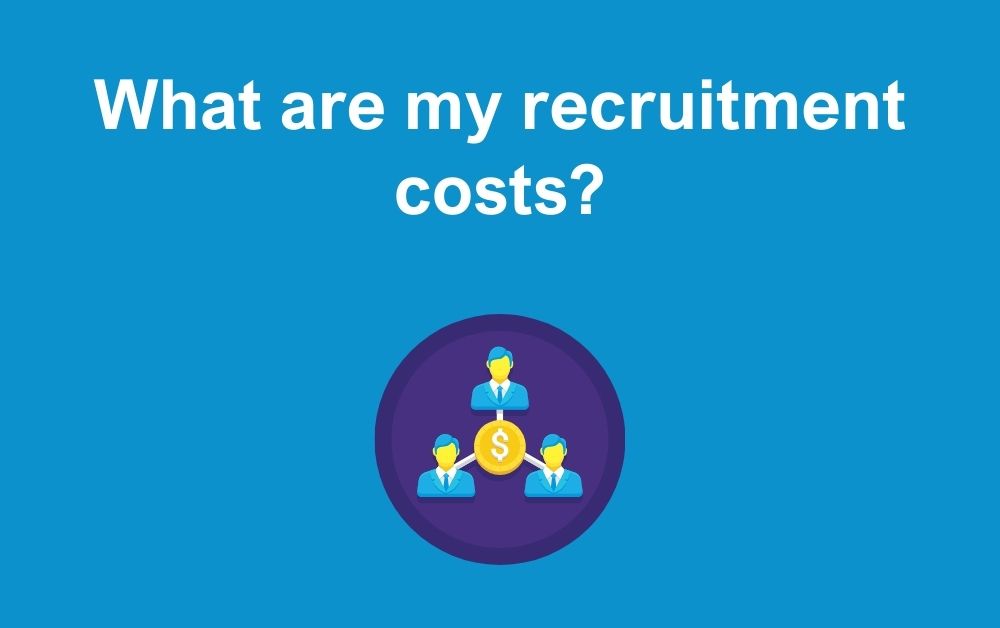Interestingly, no one at the session knew what their cost per hire or recruitment costs were. Would you know in your organisation? We discussed the factors which would make up these costs and everyone fully understood these but had never tracked this previously. This reinforces some of the beliefs I have regarding the role HR has to play in an organisation, especially SME businesses where in a lot of cases these have no in-house HR support.
Business owners need support on how to measure these and other associated people costs, and this is where good HR practitioners can add value. By knowing your recruitment costs, you can measure these and identify areas to improve – ultimately improving the bottom line. HR is often seen as a cost, however I believe we can add value – whether it’s in terms of recruitment, managing absence, engagement and improving staff retention.
It’s a given (or it should be!) that HR professionals are knowledgeable in the field. However, do we add value? How many of us think like a business owner? This is where I like to think I’m a bit different, having worked in an operational role and also some of my previous HR roles were customer facing – no ivory towers involved!
So, in terms of recruitment costs, how can a business look to improve these?
Firstly, you need to identify what your costs are. There are internal and external costs to consider. These include time (the salaries of the people interviewing or selecting), the cost of advertising, room hire, agency fees, relocation and training costs. Once you know what all your costs are you need to then identify the number of people recruited.
The formula to use is:
External Costs + Internal Costs/Total Number of Hires in Time Period
Research in 2013 shows the median cost per hire in the UK to be £1547 (management roles were £4000). How does this compare to your organisation?
By identifying these costs, you can then investigate the effectiveness of recruitment campaigns – the number of responses to adverts, interview success, job offers and so on. This is where you can look for improvements and see where you can reduce your costs in future.
I’ve worked with a number of clients who have disputed there’s any significant cost – claiming they’re paying the manager’s salary anyway so that shouldn’t be included in the formula. Would it not be better to have the manager managing – helping drive sales, improve customer satisfaction and coach people to perform better? All that helps you retain customers – and helps your profits.
I’d welcome other people’s views on the cost of recruitment and any challenges you face. I’ll be sharing some other views I have on the subject of recruitment in the coming days.
If you’d like more information on how to reduce your recruitment costs or help with a particular recruitment challenge, please get in contact.







